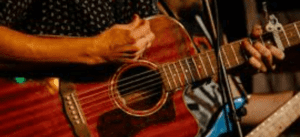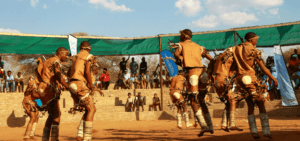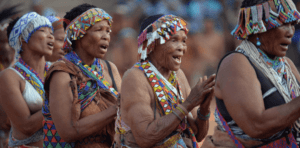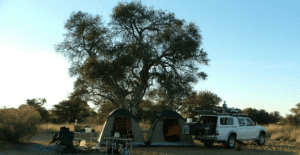Botswana on the Brink: Election Showdown Amid Economic Crisis and Unrest!
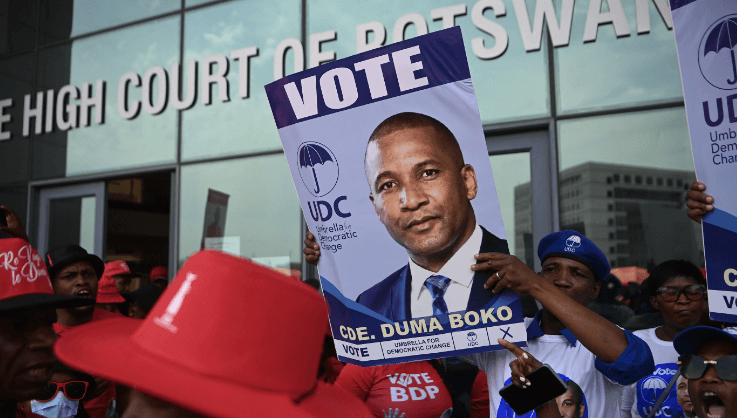
Botswana’s general election, set for October 30, approaches as a crucial moment for one of Africa’s most enduring democracies. Announced by President Mokgweetsi Masisi, who seeks a second and final term, this election will decide both the makeup of Parliament and the lawmakers responsible for selecting the next president.
Amid economic challenges, Botswana’s reliance on diamond mining comes under scrutiny. Known as the world’s second-largest diamond producer, Botswana has seen significant drops in diamond sales, with Debswana, co-owned by the Botswana government and De Beers, reporting a 50% decrease in the first half of 2024. This decline has strained the national budget, drawing criticism toward Masisi and the ruling Botswana Democratic Party (BDP) over slow economic diversification.
Unemployment rates have surged, reaching over 27%, with youth joblessness exceeding 45%. Delays in government salaries due to financial constraints have further eroded Botswana’s reputation for efficient governance and sparked discussions on potential austerity measures.
Opposition leader Rev. Prince Dibeela emphasized the gravity of the situation: “For the first time in more than forty years, the state finances are in the red, and over 200,000 youth are qualified yet unemployed, creating deep societal divisions.”
In response, the BDP pledges to intensify efforts to diversify Botswana’s economy, which has a GDP of $21 billion. Deputy Secretary-General Lebogang Kwape expressed the party’s commitment: “The BDP is ready to serve Batswana, with policies crafted to genuinely address their concerns.” The BDP’s manifesto focuses on advancing mineral processing, agriculture, and tourism to establish new revenue sources.
The economic urgency is underscored by the International Monetary Fund, which notes that diamond mining constitutes 80% of Botswana’s exports, one-third of fiscal revenue, and a quarter of the GDP. Over a million Batswana have registered to vote, with many focusing on unemployment as a decisive issue.
The race also highlights Botswana’s geographic and environmental challenges. With a population of 2.5 million spread across a landmass larger than France, much of it arid Kalahari Desert, drought and desertification are formidable threats to Botswana’s development.
Masisi faces three challengers: Duma Boko of the Umbrella for Democratic Change, Dumelang Saleshando of the Botswana Congress Party, and Mephato Reatile of the Botswana Patriotic Front. This election also reignites Masisi’s rift with former President Ian Khama, who left the BDP in 2021, citing Masisi’s alleged authoritarianism. Currently in Botswana to face court hearings, Khama has been rallying support for the Botswana Patriotic Front in hopes of ousting Masisi.
Masisi, 63, a former teacher and UNICEF staffer, is Botswana’s fifth president since independence in 1966. The ruling BDP has maintained control since that time, positioning this election as a referendum on both Masisi’s leadership and Botswana’s future trajectory amidst shifting economic and social landscapes.

